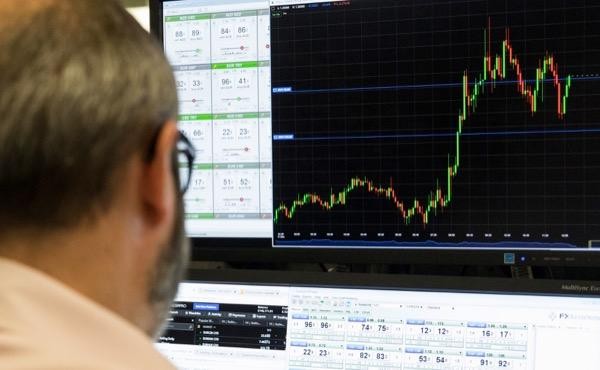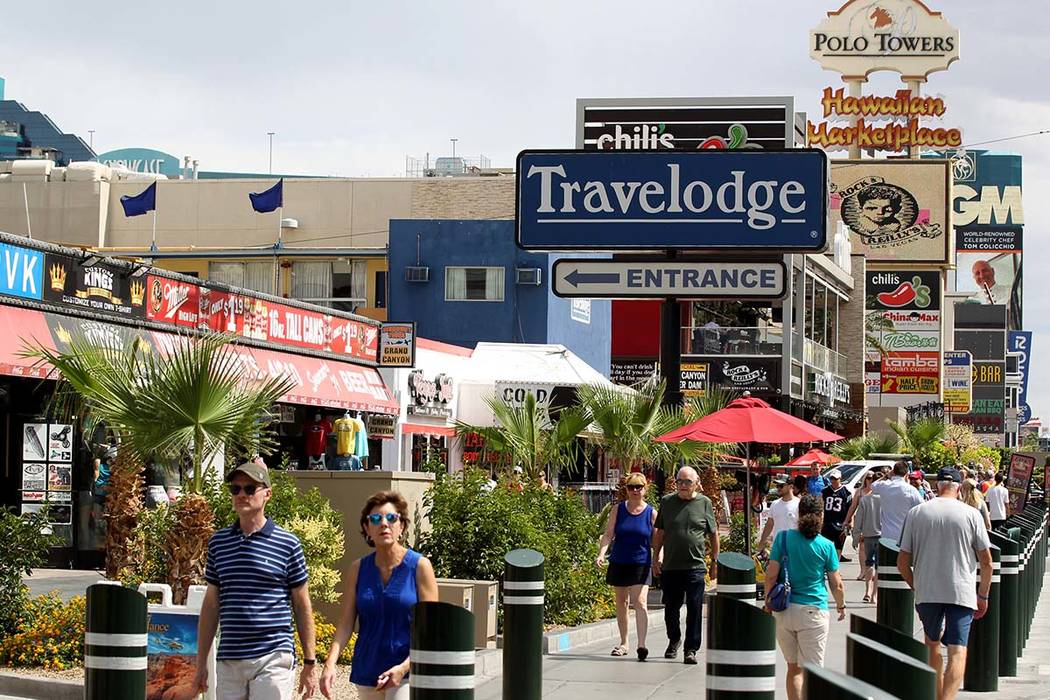Spread Betting Mistakes

With a disciplined approach and an awareness of the most common spread betting pitfalls, you can become a profitable spread-bettor. To help you on your way, here are some of the most frequent errors traders make. Make a note of them and try and avoid committing them yourself. Spread betting can be risky, and it doesn’t take long to lose £££, one of my worst mistakes was going long on the FTSE and rushing the input of the deal. I meant to bet £3 per point movement on the FTSE and set a stop loss of 20 points away from entry.
Don’t chase your losses…
Chasing my losses – going long on FTSE Friday afternoon as it “must go up” (used my stop on this one though!).
What is happening here is simple human nature. You start doing well, so load up a bit more…then a bit more. Then, things go against you so you add more in the opposite direction…and then you realise you’re heavily underwater.
I fell into the trap myself having taken GBP/JPY down from 230ish to 198 (and various other instruments) and lost all I had made in the move back to 211 This is known as an “inverted triangle/pyramid” in trading terms – you should never add to a position more than you started with.
I now view what I went through as an excellent learning process. I am far more careful and controlled and am not being greedy. Yes, on occasion I’ve taken profits and in hindsight it was the wrong thing to do, but being out of the market means you’re NOT going to lose and have locked in whatever gains you’ve made.* The trick is then not to think “oh, I shouldn’t have done that” and pile back in at a worse position risking more.
Don’t take profits too early…
Taking profits too early – went long as soon as SHIRES results came in but cashed in with 5 point profit (went up 30 before fading a bit).
Don’t place your stops too tight…
Another mistake I made (and regrettably still make at times) was/is placing the stop too close to the entry point, in which case a volatile market could trigger your stop and vanish your money straightaway; which is even more annoying when you realise that it was indeed the right choice to go short (or long) but you lost because you were scared enough to go for a ‘braver’ stop point than taking the one recommended by the platform.
Be wary of the volatility of the market you are trading in when setting stop losses
When I initially started using spread betting I was setting stops (not guaranteed stops just the ones you can set up from your computer via logging into ETX Capital’s trading screen.) at between 10 and 20% less than that days opening price. I did reset these every day, then got lazy and stopped bothering after a while. Not so with Falcon Oil though as I knew this was a volatile share that needed close monitoring and I set stops at what I though was a reasonable distance from actual price. Then I got burnt on a Falcon oil stop out in February one evening when I left work at 6pm and returned to my computer at 9.30pm to check that evening’s action only to find that the share price had collapsed 35% or so in 3 hours and I got stopped out whilst share price rebounded back by another 10% or so. So I stopped using stops and instead decided after reopening more spread bets on Falcon Oil to just watch Falcon like a hawk (no pun intended). This approach works well with shares that behave in a normal way and if you are disciplined enough to stick to your mental stop losses. In the case of Falcon Oil as again last week with no stops in place I could not call the market and decide what to do/dithered/fiddled…etc and just saw share price floor it through the $3 and $2 and then $1.40 levels…etc. In hindsight, if I had set a guaranteed stop when SP was at $3.60 I might have saved myself a lot of dosh…
Check Dividend Dates…
Had a rolling spread bet on Yell (short ) which Finspreads closed last night @ 501p. Today they opened the start price @ 491p. Checked with them and they informed me that because Yell issued 10p dividend that the opening price had been dropped by 10p.. All this means that I start the day with 15 point drop from last nights close…(as it currently stands ). The lesson is check dividend dates.. Stupid boy !!!!
There is a world of difference between deciding to close a bet and actually getting it closed
I learned that there is a world of difference between deciding to close a bet and actually getting it closed when there is heavy (panicked?) trading going on. Well, it wasn’t quite as bad as it might have been, but I have lost about half of my pot in a few days holding on to Soco (stock) watching the sands run out and then seeing it crashing down while I was trying to sell my 3k spread bet.
Took 20 minutes with lots of rejected trades as I find out they would only do 500 at a time no matter what volume’s available in the market and they also reject the deal if the bid moves in your favour in the 30s it takes them to think about it (strangely they’ve no problem if it moves against you). I suppose I could have phoned – but I suspect it was a busy morning and I might well have been on hold for 20 minutes.
Had Soco gone to 0 I’d still be in the game, albeit with a blotted copybook as IG would have had to wait a week or so for a chunk of their money as I raised funds from the rest of the portfolio but I still felt I had something useful to communicate – at £15, £10 looked far off. But it wasn’t. After a few precipitous drops with no stock specific reason whatsoever, £10 was concerningly close. If this happens just because the market’s getting a bit jittery, what would happen if we actually had even minor bad news?
This was a very valuable learning experience about how even quite modest gearing can be very dangerous. For a valuation based approach, stop losses are a lunatic capital destroying concept. But if you choose to use leverage you have put yourself at the mercy of the market and have no choice whatsoever but to employ them. Your choice is just whether they are at the point of complete ruination or somewhere less painful but more likely to be triggered.

Betting Spreads Explained
Do not move your stops once set…
Moving stops (not trailing stops) is a very dangerous game and basically means you didn’t get it right in the first place. If you keep wanting to move them then examine why they are in the wrong place and modify your processes. Otherwise, stick to them: it’s cheaper in the long run – ‘I know, for I was that man’. Those who keep moving their stops further away…they call themselves ‘long term investors’. And there are plenty of those ‘long term investors’ such as those who bought QCOM at $200 (before split of $800) in 2000 and still hold it today at $35 because they have been thinking: ‘as soon as the stock price goes back up to my buy price I would sell. And I really haven’t ‘lost’ because I haven’t ‘sold’.

If you exceed your stop, close out and re-enter the trade if necessary.
Be careful leaving stops on the indices after the market closes
Beware that trading on the FTSE is stopped at around 4.40pm for around 15 minutes as the auction closes the day’s FTSE positions however at some spread betting providers the system will only shut down at 9pm. So even though the FTSE market is closed after 4.30pm, their spread betting system is still operational for a few more hours and returning prices for tomorrow’s predicted opening. This means that trades and stops can still be taken out during this time.
This week I will be more disciplined but will short everything
I’m afraid deciding ahead of time which way the market will go is another mistake. Trade what the market does and not what you think…Better wait until at least 9am to see the general state of the market before doing anything.
Never enter the market without a proper money management strategy
One of the most successful traders ever seen in the spread betting industry is Mark Shipman, whose book ‘The Next Big Investment Boom’ is a worthwhile read. He never puts more than 5% of his ‘investment pot’ into any one position. Walking into a casino and putting all your money down on black or red is not investing – but that’s effectively what traders do when they put all their risk capital into a long or short position.
Time invested in a trade does not equal money!
In everyday life we are often led to believe that time invested is directly proportional to money – however with trading this is not necessarily so, in fact in the trading world time has a disproportionate correlation to money. For instance you could make 50% profit in 2 weeks and remain in the trade to extract some more profits (with the belief that more time invested = more money) and spend the next 3 months giving it back.
Be careful with future rollovers
Be careful because if you set your account so that spread bets are automatically rolled over this could mean that BOTH daily bets and futures (say a March future spread bet) get closed and re-opened automatically. You may not, however, always want the future to roll… Note that this also means that any stops or limits attached to these positions will also automatically roll.
Do not ‘boredom trade’…
Do not trade just because there is not much happening in the markets. Always have a reason for each and every trade that you do – don’t do it just because you think the UK FTSE 100 looks cheap!
Carelessness
Not really a mistake but had my mouse on the buy button when FTSE was at its low on Friday but pulled out – it went up 20 points. Don’t know why I’m telling you this but I guess my point is don’t EVER take things for granted and once you have a plan STICK TO IT!
Spread betting can be risky, and it doesn’t take long to lose £££, one of my worst mistakes was going long on the FTSE and rushing the input of the deal. I meant to bet £3 per point movement on the FTSE and set a stop loss of 20 points away from entry. However, in error I put it all in the same field and went long by £320 per point – and watched it rack up a £3000 loss in 40-50 seconds. Lucky i held my nerve and closed out with a profit – the irony being had i have left it open I would have made £10k. A case of VERY FAT FINGERS.
In another instance. I was showing a mate of mine my spread betting trading platform with live feed. I said and if you wanted to BUY any PET shares you’d click on that button and if you clicked on the SELL icon…For some reason he thought that I had suggested he clicked on the SELL button so he did…
A message came up that they were processing the sale of my entire PET holding… I grabbed the phone to see if I could cancel my instruction……but fortunately within 30 seconds a message appeared to say that my ‘SELL’ was above the current market size for PET and that I should put through a sell in smaller amounts or phone the Bet company direct. PHEW !!!!!!!
You really have to watch what’s going on with the trades in order to ensure nothing stupid happens, (like opening a bet at £30 a point on the FTSE that you thought you had closed only to find out a few days later that it hadn’t closed and you were £3k down!).
Spread Betting Mistakes College Football
Also, watch the units as £1 per point = 100 shares for companies. You can easily place an order for tens of thousands without realizing. For instance I still remember when starting out that in one occasion I forgot to enter a . in my amount and ended up with a bet way larger than I wanted to. Obviously it went against me and made me lose my initial gains on this account but thanks to my tight stop loss nothing too critical. Also, you can trade the indices and sectors very easily with enormous values thanks to the minimum margin – used to be £50 for the FTSE or £100 for the Dow Jones. The DJIA spreadbet works in pounds not dollars so watch that too… My advice would be to open a demo account and get a feel for a platform first while continuing to paper/demo trade.